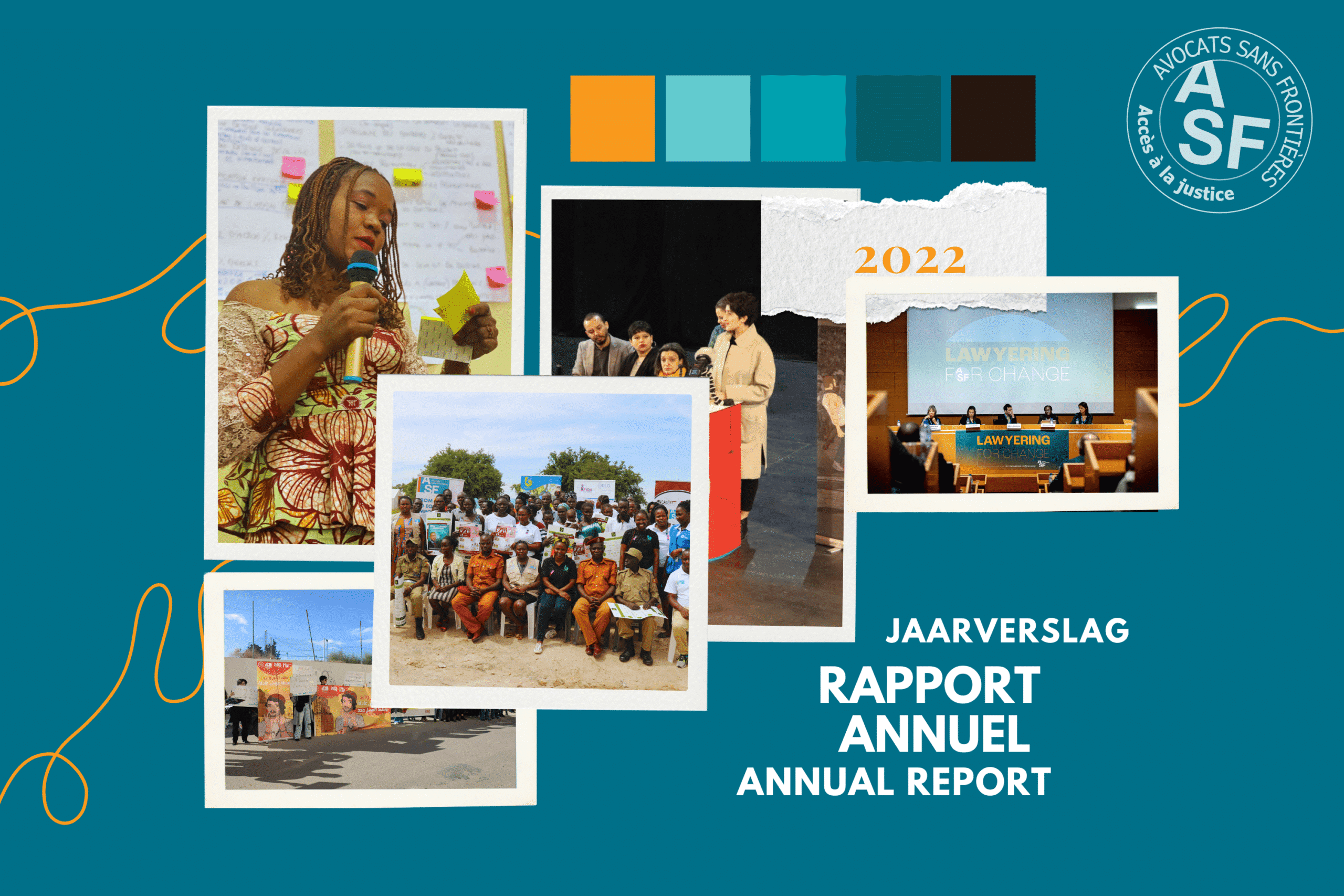Category: Local justice
-
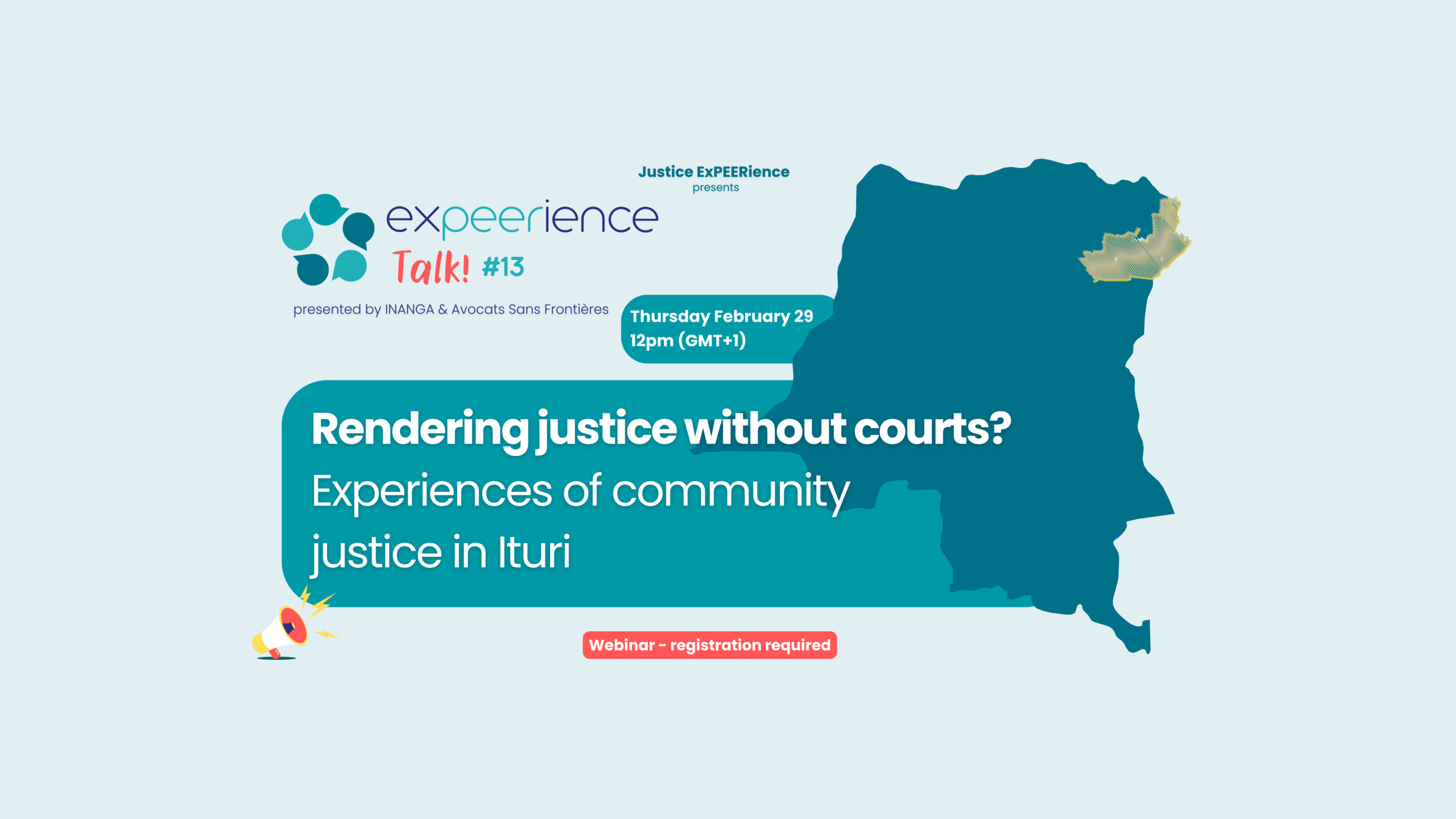
ExPEERience #13: Rendering justice without courts? Experiences of community justice in Ituri
At this ExPEErience Talk, Julien Moriceau and Janvier Digital Koko Kirusha from INANGA, and Johnny Lobho Lamula from ASF in the DRC, will present a study on community justice in Ituri, which will be published in the coming days.
-
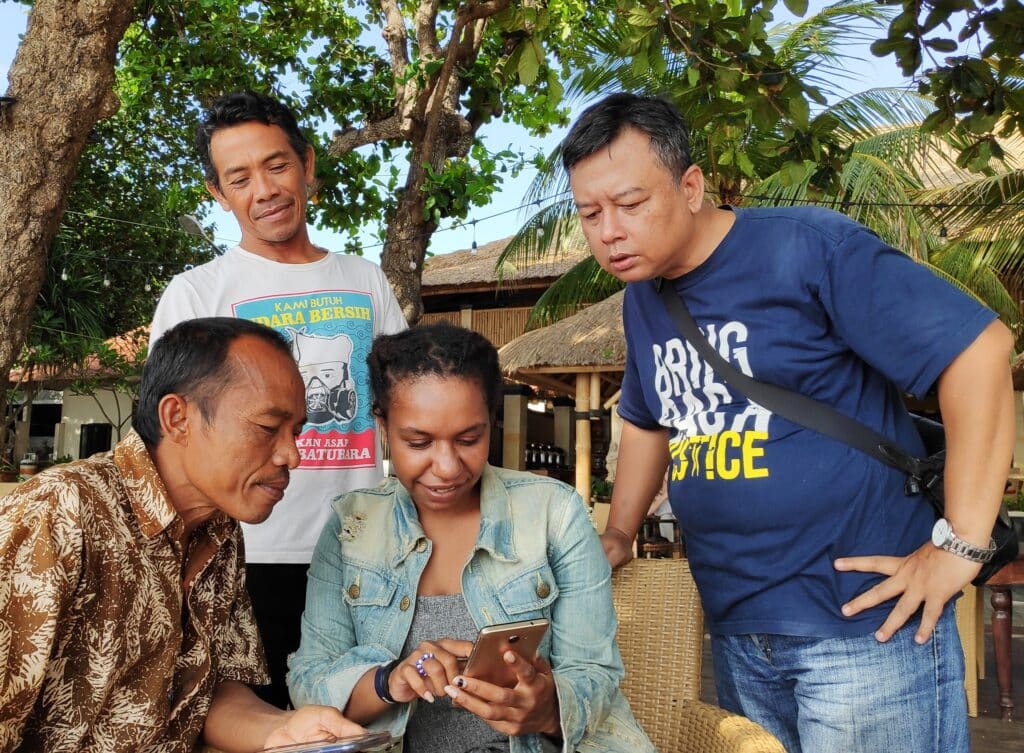
Indonesia: 5 years supporting access to justice
In 2017, ASF launched its activities in Indonesia with two local partners. Together, we worked to increase access to both formal and informal justice mechanisms for marginalized and groups in vulnerable situations through improved community-level, evidence based service delivery. A special focus was put on training and supporting paralegals to help them assist local populations…
-
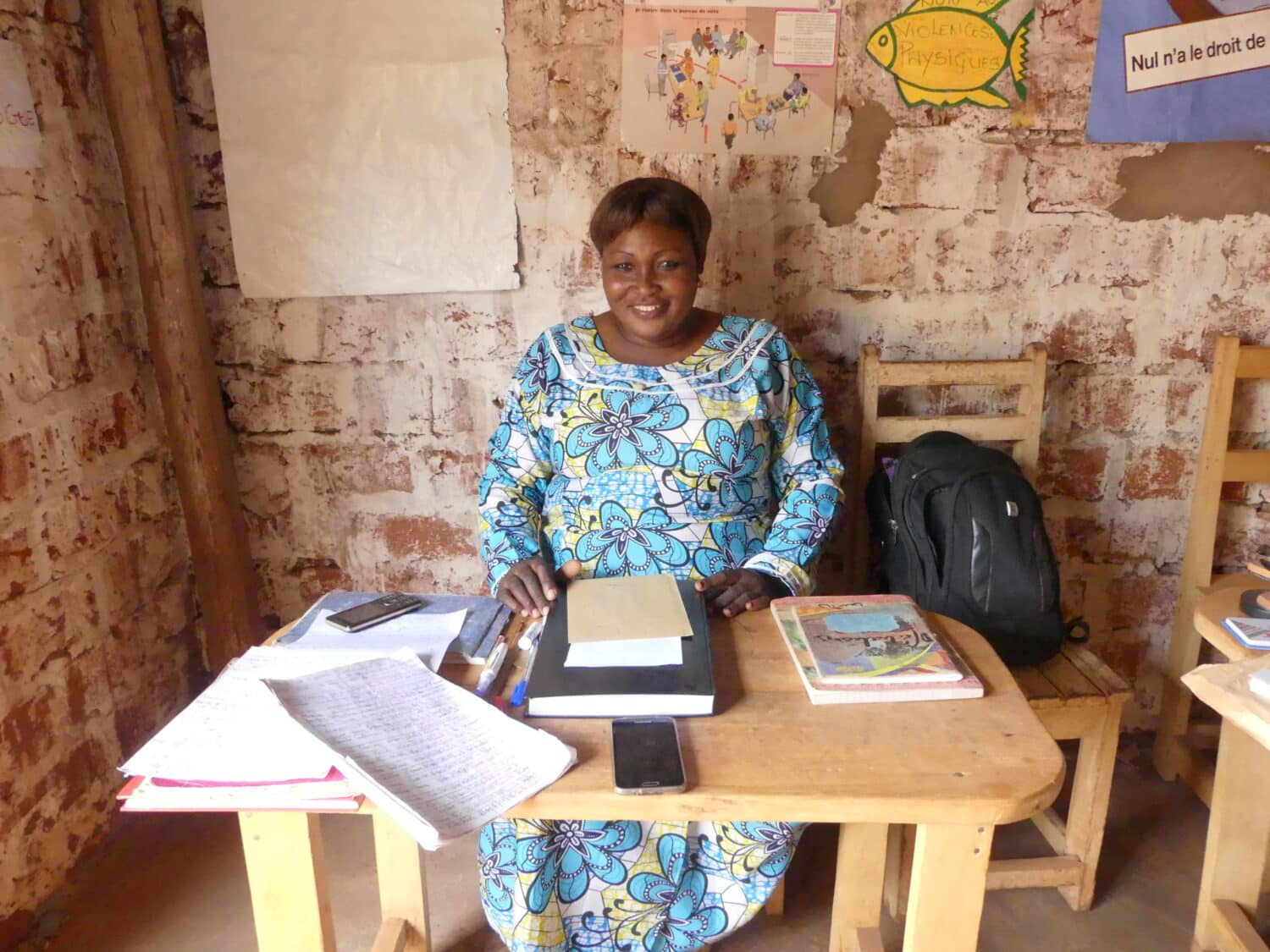
Keys for access to justice in the Central African Republic
Access to justice is a serious problem in the Central African Republic. That is the key finding in a study Avocats sans Frontières has just published. Analysis of the situation on the ground has revealed difficulties in access to lawyers and to a state justice system of adequate quality. Those are the reasons why citizens…
-
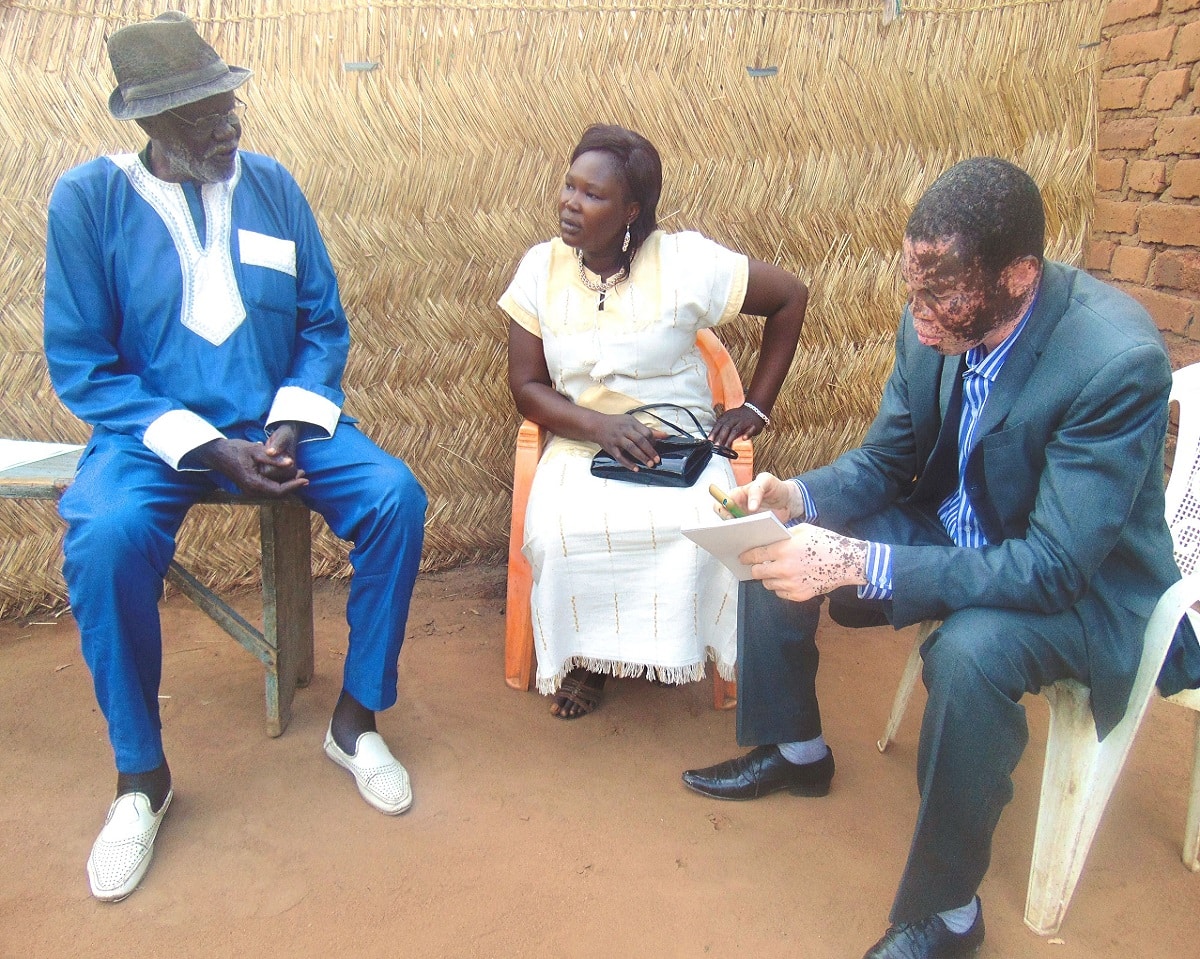
Human rights organisations have become indispensable actors in Chad
In Chad, ASF supports human rights organisations (HROs) with the aim of increasing the impact and scope of their activities. Last March, we went to meet individuals, local authorities, legal actors, and members of HROs, to get their opinions on the work that HROs do. In the interviews, which were carried out in Bongor, Moundou,…
-
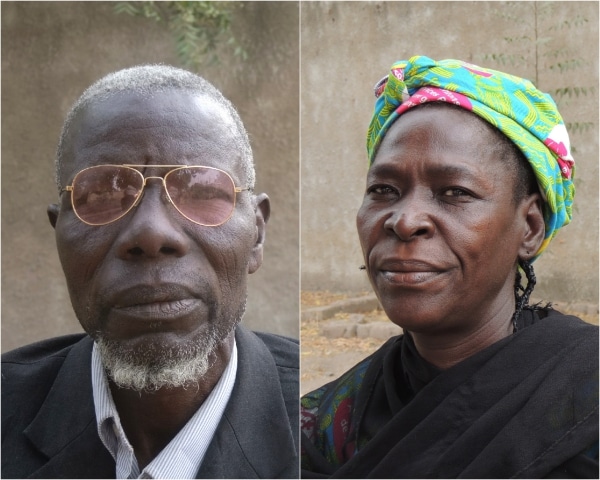
Support paralegals, essential justice actors in Chad
Chad has about 12 million inhabitants…and 135 practising lawyers, almost all based in the capital, N’Djamena. Fortunately, they are not the only ones defending people’s rights: supervised and trained by national organisations and by ASF, paralegals provide legal aid services to the most destitute. Make a donation: help us to improve the working conditions of…
-
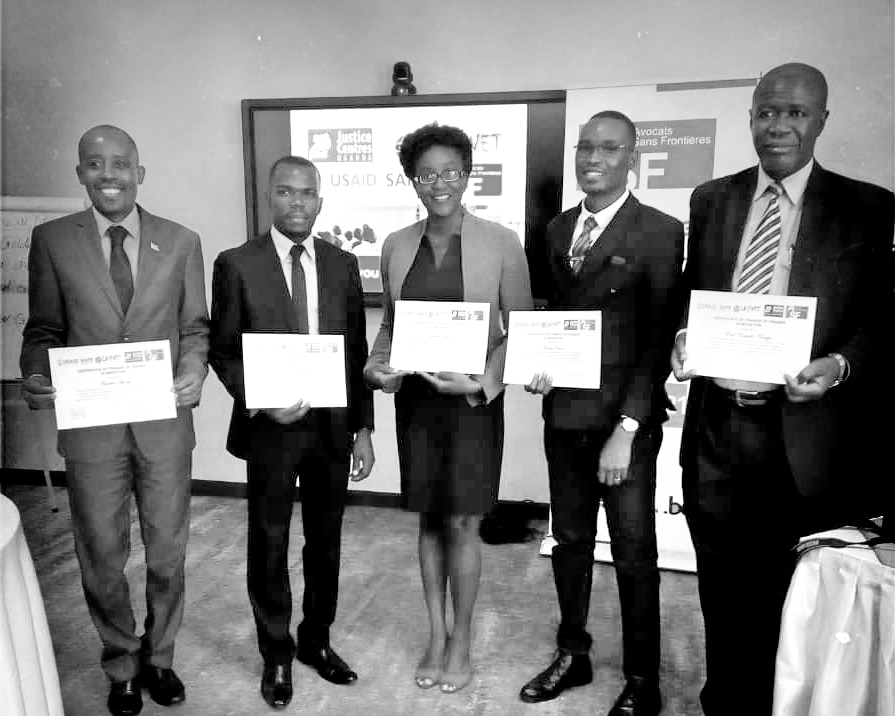
Closing the gap between community-based and court-based justice in Uganda
Last June, ASF released the Community-Based Mediation Training Module, along with three like-minded organisations. This marked the end of a drafting process from which many lessons have been learned and the beginning of a long-term commitment to work towards closing a major gap in terms of access to justice in Uganda: the disconnection between the…
-
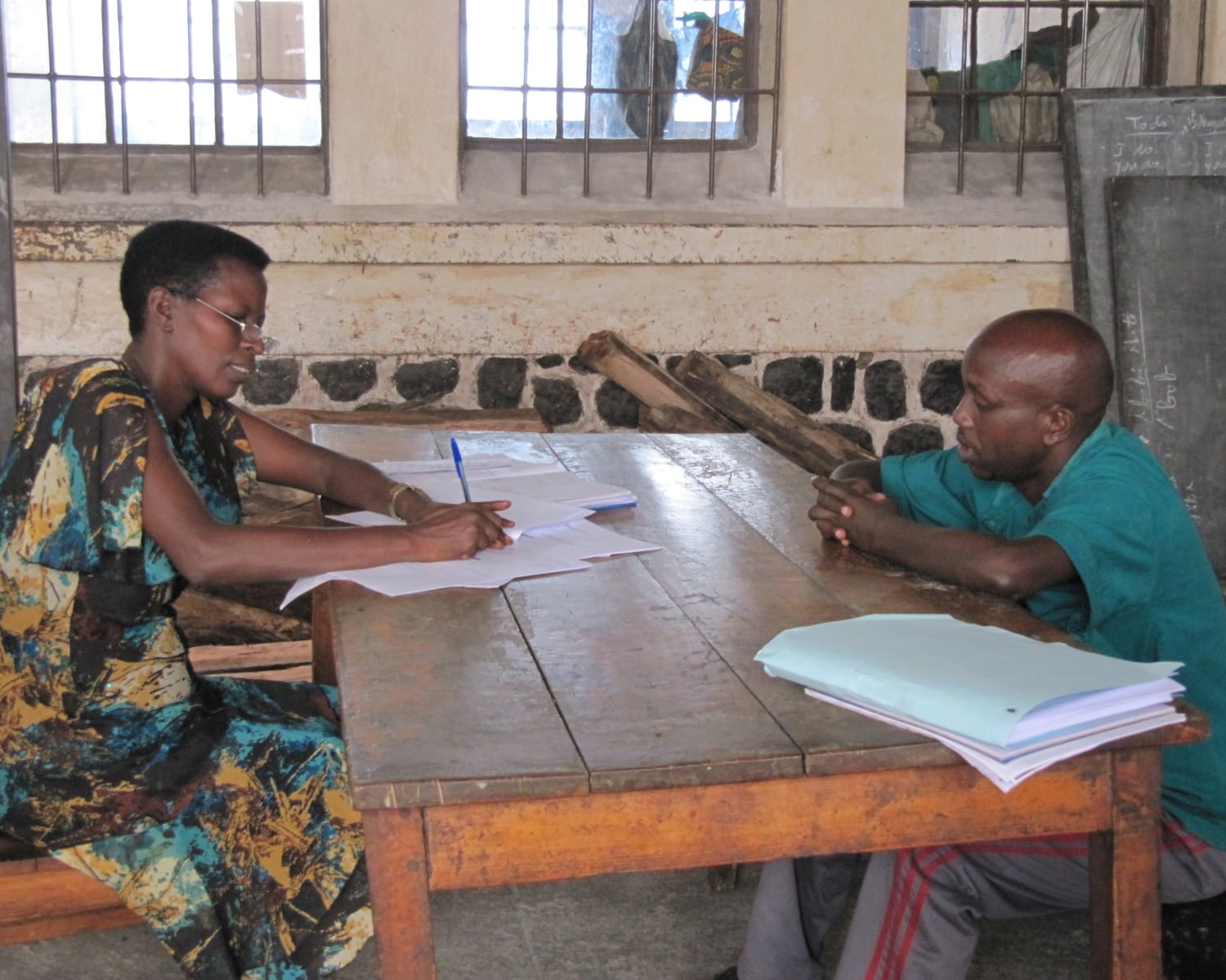
Bridging the gap between formal and informal justice mechanisms in Burundi
At the start of March, the first discussion workshop was held with ninety lawyers from the two bar associations of Burundi, selected to take part in the ASF “Menya Utunganirwe” project. The main objective was to raise awareness among the lawyers of the use of alternative dispute resolution (ADR). Not covered as part of their…
-
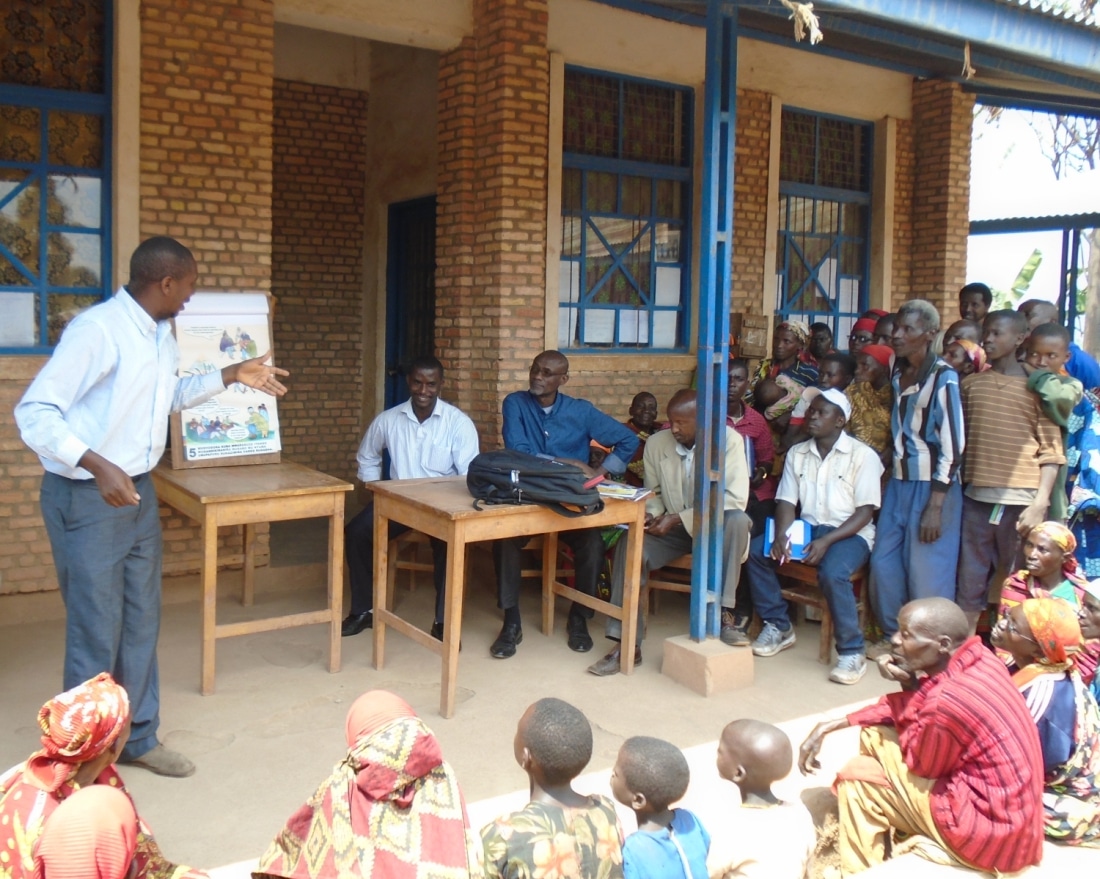
Five partners working together for better access to justice in Burundi
After several months of preparation, the official launch of the “Menya Utunganirwe” (“Know and Assert Your Rights”) project took place last week in Bujumbura. ASF, the bar associations of Bujumbura and Gitega, and two civil society organisations, came together with a shared objective: bringing people closer to justice, by facilitating access to justice through local…
-
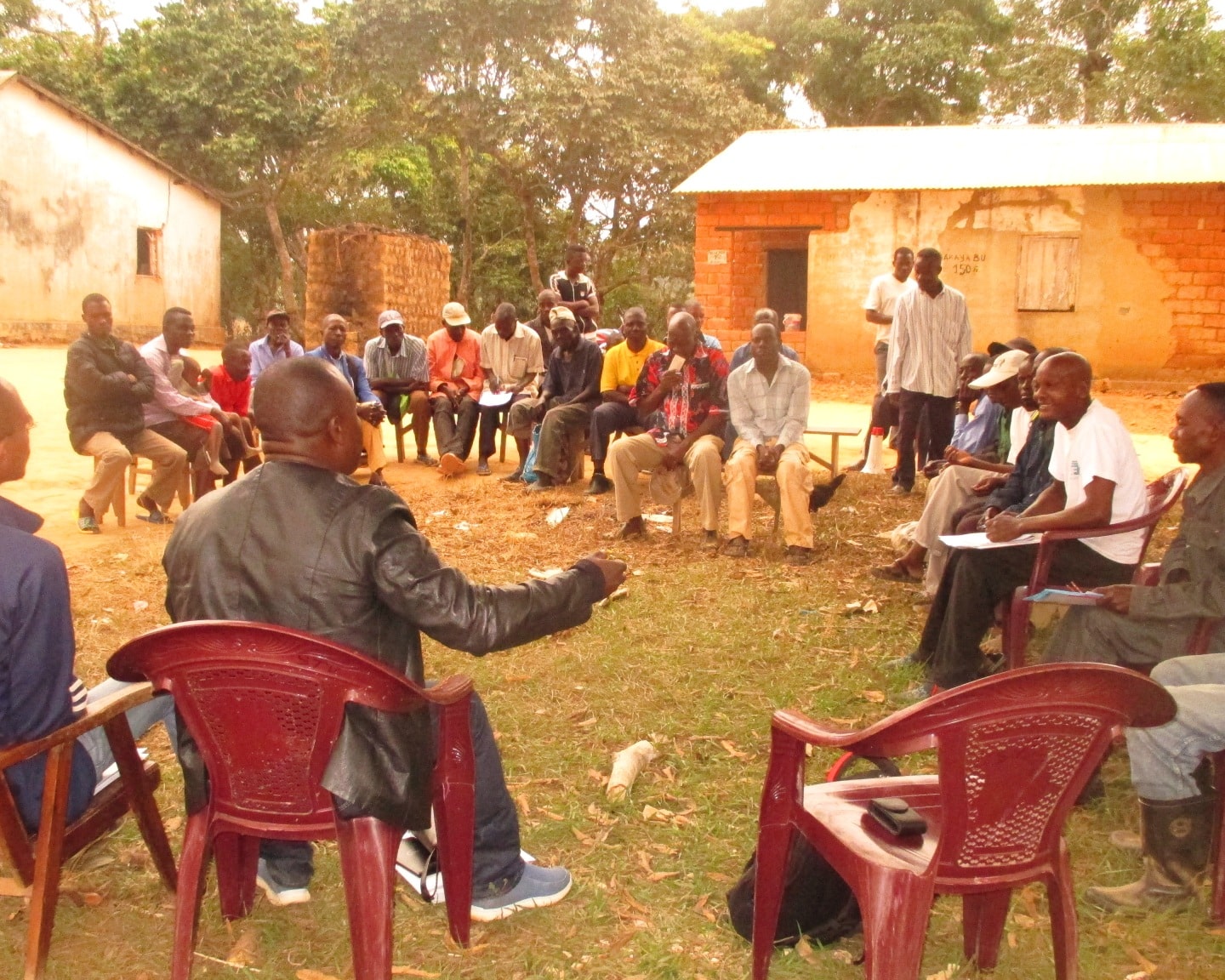
DR Congo: diversifying ways of resolving conflicts
In a country like the Congo, making use of the formal legal mechanisms is not always the best method of peacefully resolving conflicts. That is why ASF gives support to local justice actors in the country: community and traditional leaders, civil society organisations, paralegals, etc. This approach is central to the organisation’s new five-year programme,…

